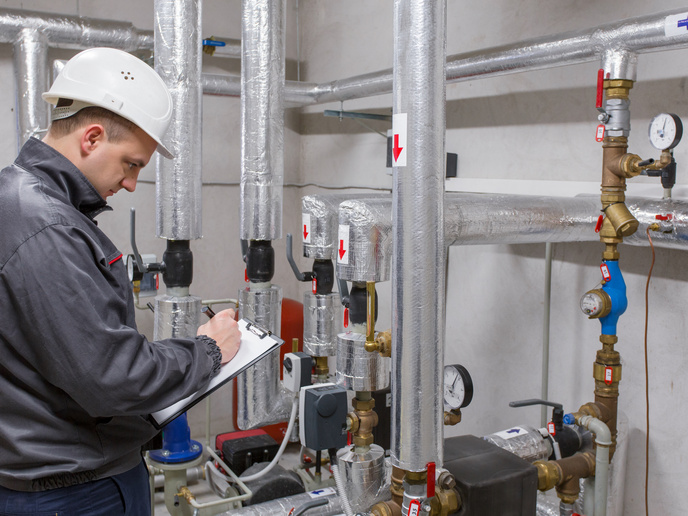Heating decarbonisation: plans with effective actions
Heating accounts for about half of Europe’s energy demand. Almost 75 % of this is still covered by burning fossil fuels. Decarbonising heating will be essential to achieving the EU's emissions reduction target of at least 55 % by 2030, highlighting the crucial role of municipalities in this effort. A barrier to achieving this target is the fact that the ‘boiler room’ is often the sovereign domain of building owners. Past policies have prioritised compliance with emission limits and efficiency over increasing renewable shares. However, this is changing rapidly. Heating and cooling planning is now seen as central to the EU’s targets, also supported by the revised Energy Efficiency Directive(opens in new window) (Article 25, paragraph 6). This recent shift is new for municipalities, and the EU-funded ActIonHeat project was initiated to support municipalities to initiate heating and cooling planning – and implementation – throughout Europe.
Success factors that turn plans into actions
ActIonHeat evaluated existing plans to identify success factors(opens in new window) that enable plans to be turned into concrete actions. About 350 stakeholders took part in a survey, and 15 in individual interviews. Not surprisingly, good data and easy-to-use tools improve plans and results. The project leveraged two existing tools to support local energy planning regarding heating and cooling. Hotmaps(opens in new window), a freely accessible mapping tool, can quickly determine the heating demand of municipalities and the potential of renewable energies and waste heat. Thermos(opens in new window) and its visualisation options for individual buildings can support detailed planning of district heating projects. Project coordinator Ali Aydemir of the Fraunhofer Society for the Advancement of Applied Research(opens in new window) adds, “organisation and communication are key elements of effective heating and cooling planning. National and local stakeholders must coordinate and communicate with each other. Furthermore, creating commitment, goals and vision within the community is essential.”
Strategy development, feasibility assessment and financing options
ActIonHeat implemented the ActIonHeat Support Facility(opens in new window) to help local and regional governments, energy agencies and utilities, as well as city planners, to accelerate the establishment of heating and cooling planning throughout Europe. Three modules were included: heating and cooling transition strategy development, project feasibility assessment and financial studies. The project team worked directly with individual municipalities and with intermediaries who support multiple municipalities, amplifying the project’s reach. For example, ActIonHeat supported the towns of Zelzate, Belgium, and Neuried, Germany in planning district heating networks. It also provided advice to the State Energy Agency of Hessen and the Senate of Berlin, located in federal states where mandatory heat planning was introduced. In addition, the team is working with Le Syndicat de l'Ouest Lyonnais in France and the Energy Institute Vorarlberg in Austria, both of which support many municipalities in heating planning. Overall, they expect to reach about 120 to 200 municipalities directly or indirectly. “We originally focused on local authorities. However, based on the survey, we found that municipalities are facing numerous challenges including lack of personnel, data and a common goal. This was confirmed by our Support Facility projects. Participating municipalities had to make considerable contributions including learning how to use technical tools. Many municipalities simply do not have the resources to make this happen. We have adapted, focusing our services more on intermediaries, such as energy agencies that reach many municipalities,” notes Aydemir. The heating and cooling transition requires multilevel, multiplayer commitment with an essential contribution at the local level. ActIonHeat’s outcomes – identifying barriers and opportunities and delivering practical tailored support – will support the local energy transition via improved planning.







